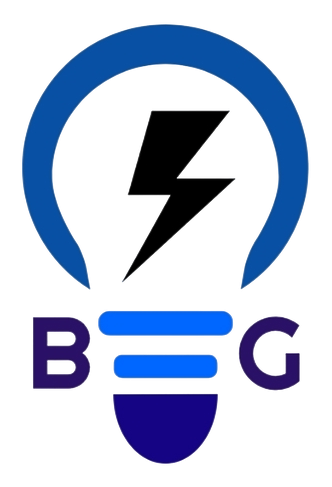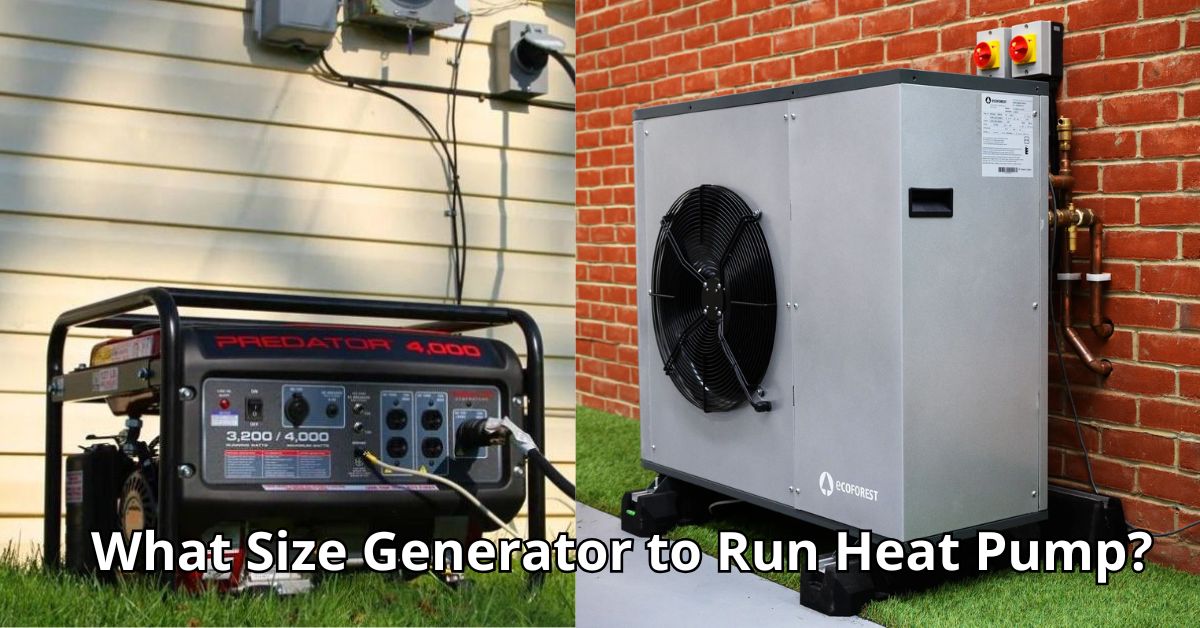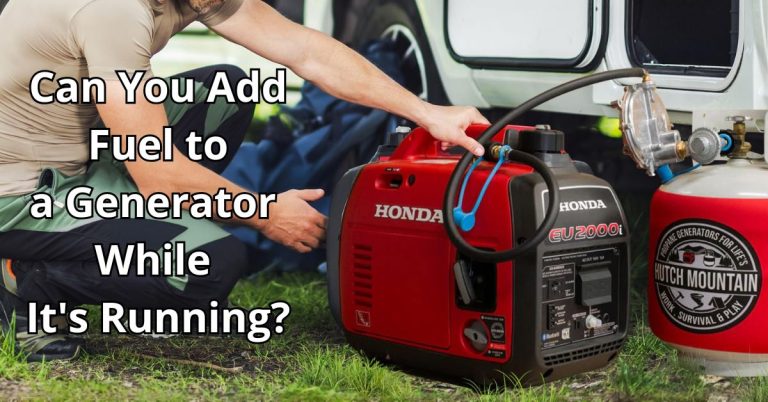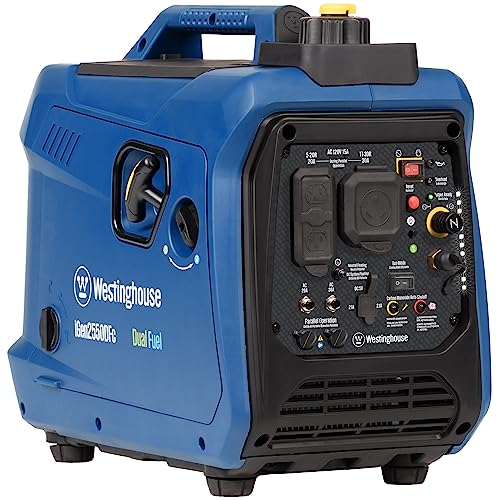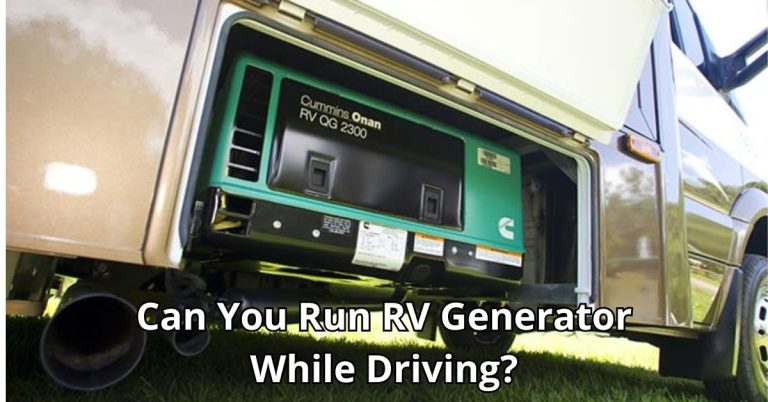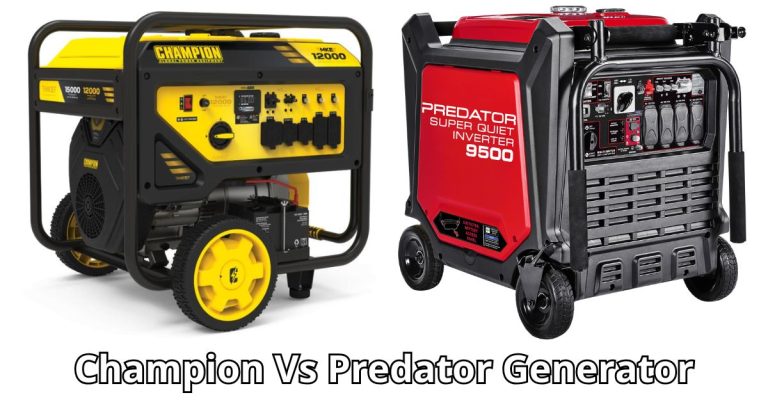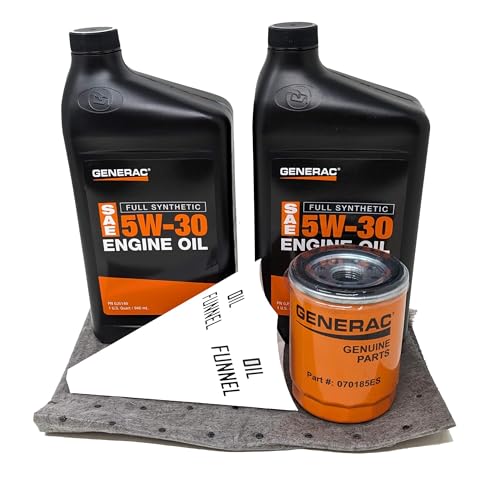What Size Generator to Run Heat Pump: Ultimate Power Guide
Choosing the right generator size to run your heat pump is essential. It ensures your home stays warm and your system operates efficiently.
Heat pumps can be quite demanding in terms of power. They need a generator that can handle their load without fail. Picking the wrong size may lead to system failures or insufficient heating. Understanding the power requirements of your heat pump is key.
This guide will help you determine the right generator size. It will cover factors like wattage, starting power, and continuous power needs. With the right information, you’ll make an informed decision. Stay warm and keep your system running smoothly with the right generator.
Introduction To Heat Pumps
Heat pumps are essential for efficient heating and cooling. Understanding their function can help you choose the right generator size. This section will introduce you to the basics of heat pumps.
What Is A Heat Pump?
A heat pump is a device that transfers heat from one place to another. It can move heat from inside your home to outside. Or vice versa. This process makes it versatile for both heating and cooling.
Heat pumps use electricity to operate. They are more energy-efficient than traditional heating systems. They provide consistent temperatures throughout the year.
Why Choose A Heat Pump?
Heat pumps offer many benefits. They are energy-efficient. This means lower energy bills for you. They also provide both heating and cooling. So, you don’t need separate systems.
Heat pumps are environmentally friendly. They reduce the use of fossil fuels. This helps lower your carbon footprint. They also improve indoor air quality. This is great for people with allergies or asthma.
Choosing a heat pump can be a smart investment. It offers long-term savings and comfort. Plus, it’s a sustainable choice for your home.
Understanding Generator Basics
Choosing the right generator to run a heat pump is essential. Understanding generator basics helps make an informed decision. This section will cover the fundamentals of generators, their working principles, and the types available.
What Is A Generator?
A generator is a device that converts mechanical energy into electrical energy. It provides power during outages and to remote locations. Generators are vital for powering appliances, tools, and heat pumps.
How Generators Work
Generators work through electromagnetic induction. They have a rotor and a stator. The rotor is the moving part, while the stator is stationary. When the rotor spins, it creates a magnetic field. This field induces electrical current in the stator coils.
Generators come in various sizes and power ratings. The right size depends on your power needs. Heat pumps usually require a generator with sufficient wattage to start and run efficiently. Below is a simple table to help understand power needs:
| Appliance | Starting Watts | Running Watts |
|---|---|---|
| Heat Pump | 4,800 | 3,600 |
| Refrigerator | 2,200 | 700 |
Use these calculations to ensure your generator can handle the load. This helps prevent overloads and ensures safe operation.
Understanding these basics makes choosing the right generator easier. It ensures your heat pump runs efficiently during power outages.
Power Requirements For Heat Pumps
Choosing the right size generator for your heat pump is crucial. It ensures your home stays warm and cozy during power outages. Understanding the power requirements of your heat pump can help you make an informed decision.
Calculating Power Needs
To determine the power needs of your heat pump, you need to know its wattage. Most heat pumps have a label with this information. Look for the running wattage and the starting wattage.
Running wattage is the power your heat pump uses during normal operation. Starting wattage is higher because the heat pump needs extra power to start. Combine both figures to find the total wattage requirement.
For example:
| Component | Running Wattage | Starting Wattage |
|---|---|---|
| Heat Pump | 3,500W | 4,500W |
Total wattage = Running wattage + Starting wattage = 3,500W + 4,500W = 8,000W
Factors Affecting Power Consumption
Several factors affect the power consumption of your heat pump. Understanding these can help you choose the right generator size.
- Heat pump size: Larger units consume more power.
- Climate: Colder climates require more energy to maintain warmth.
- Insulation: Well-insulated homes reduce the workload on your heat pump.
- Usage: Frequent use increases power consumption.
Consider these factors when selecting a generator. Ensure the generator can handle the highest power demand of your heat pump.
Choosing the right generator size is essential for efficient heat pump operation. Understanding power needs and consumption factors helps you make the best choice.

Types Of Generators For Heat Pumps
Choosing the right generator for your heat pump is essential. Different types of generators can suit your needs. Below, we explore two main types: Portable Generators and Standby Generators.
Portable Generators
Portable generators are versatile. You can use them for various purposes. These generators are easy to move. They are usually smaller and less expensive. This makes them a popular choice for homeowners. Portable generators can power small to medium heat pumps. They are perfect for temporary use during power outages. However, their power output is limited. So, they might not handle larger heat pumps.
| Feature | Details |
|---|---|
| Mobility | Easy to move |
| Cost | Less expensive |
| Power Output | Limited |
| Usage | Temporary |
Standby Generators
Standby generators offer a permanent solution. These generators are installed outside your home. They automatically turn on during a power outage. Standby generators can handle larger heat pumps. They provide a consistent power supply. This is ideal for long-term use. Standby generators are more expensive. They require professional installation. But, they offer peace of mind and reliability.
- Permanent Solution: Installed outside your home
- Automatic Operation: Turns on during a power outage
- High Power Output: Handles larger heat pumps
- Cost: More expensive
- Professional Installation: Required
When choosing a generator, consider your specific needs. Both types have their advantages. Choose wisely based on your heat pump size and usage.
Sizing The Right Generator
Choosing the right size generator for your heat pump is crucial. An undersized generator may not run your heat pump properly. An oversized one can be costly and inefficient. This guide will help you find the right balance. Follow these steps to ensure your generator matches your heat pump’s needs.
Step-by-step Sizing Guide
- Identify the heat pump’s power requirements: Check the unit’s manual for wattage.
- Calculate starting and running watts: Starting watts are usually higher than running watts. Note both.
- Determine total wattage: Add the starting watts and running watts. This gives the total wattage needed.
- Choose a generator with at least 20% more capacity: This ensures your generator can handle fluctuations.
- Consider other appliances: List other devices you will run with the generator. Add their wattage to the total.
Common Mistakes To Avoid
- Ignoring starting watts: Always check both starting and running watts.
- Overlooking other appliances: Include all devices in your wattage calculation.
- Choosing a generator too close to requirements: Allow for at least 20% extra capacity.
- Skipping maintenance: Regularly maintain your generator for efficiency.
Choosing the right generator size ensures your heat pump runs smoothly. Follow this guide to avoid common mistakes and ensure you have the right power capacity.
Fuel Types And Efficiency
Choosing the right generator to run your heat pump involves considering various factors. One of the most important is the fuel type. The fuel type you choose can impact the efficiency and cost-effectiveness of your generator. Understanding the differences between gasoline and diesel fuel types can help you make an informed decision.
Gasoline Vs. Diesel
Gasoline generators are widely available and tend to be less expensive upfront. They are easy to start and operate, making them a popular choice for many households. However, gasoline has a shorter shelf life and requires more maintenance. It can also be less efficient compared to diesel.
On the other hand, diesel generators are known for their durability and efficiency. Diesel fuel has a longer shelf life and is more energy-dense. This means diesel generators can run for longer periods without refueling. Diesel engines also tend to require less maintenance over time, which can be a significant advantage.
| Fuel Type | Pros | Cons |
|---|---|---|
| Gasoline |
|
|
| Diesel |
|
|
Efficiency Considerations
The efficiency of your generator is crucial for both performance and cost savings. Fuel efficiency determines how long the generator can run on a given amount of fuel. A more fuel-efficient generator will save you money in the long run.
Here are some factors that affect generator efficiency:
- Engine size: Larger engines tend to be more efficient, but they also consume more fuel.
- Load management: Running the generator at optimal load levels can improve efficiency.
- Maintenance: Regular maintenance can keep the generator running efficiently.
Choosing the right generator for your heat pump involves balancing initial costs, fuel type, and long-term efficiency. By considering these factors, you can ensure reliable and cost-effective operation of your heat pump.
Installation And Safety Tips
Choosing the right size generator for your heat pump is essential. Consider the power needs of your heat pump and match it to the generator’s capacity. Ensure proper installation to maintain safety and efficiency.
When setting up a generator to run your heat pump, following proper installation practices and safety measures is crucial. This ensures efficient operation and protects your home and family.
Proper Installation Practices
Start by selecting a suitable location for the generator. Ensure it is placed on a stable surface, away from windows and doors. This helps prevent carbon monoxide from entering your home.
Hire a professional electrician to handle the wiring. They will ensure all connections are secure and comply with local regulations. Using a transfer switch is essential. It prevents backfeeding and protects utility workers from potential hazards.
Safety Measures
Safety is paramount when using a generator. Always read and follow the manufacturer’s instructions. Never operate the generator indoors or in enclosed spaces. This can lead to dangerous carbon monoxide buildup.
Regularly inspect the generator for any signs of wear or damage. Replace any faulty parts immediately. Keep a fire extinguisher nearby and ensure everyone in the household knows how to use it.
By following these guidelines, you can safely and effectively use a generator with your heat pump.
Maintenance And Troubleshooting
Choosing the right size generator to run a heat pump is important. But maintenance and troubleshooting are equally crucial. Regular care ensures your generator runs smoothly. It also helps avoid unexpected issues. Below are some tips on how to keep your generator in top shape.
Regular Maintenance Tips
Change the oil regularly. Clean or replace air filters. Check the spark plugs. Inspect the fuel system. Look for leaks or damage. Test the battery. Ensure it’s fully charged. Keep the generator clean. Remove any dust or debris.
Common Issues And Solutions
Generators may sometimes fail to start. Check the fuel level. Ensure there is enough fuel. Inspect the battery. Make sure it is charged. Another common issue is low power output. Check the load. Ensure it does not exceed the generator’s capacity. Clean the air filters. Dirty filters can affect performance.
Generators might also overheat. This can happen due to blocked air vents. Clean the vents. Ensure proper airflow. Regular maintenance can prevent most issues. But knowing how to troubleshoot can save time and stress.
Cost Considerations
Choosing the right generator to run a heat pump requires careful consideration of costs. You need to think about both the initial investment and the long-term costs. This ensures you make a wise decision for your budget and energy needs.
Initial Investment
The initial cost of a generator can vary widely. It depends on the size and type. Larger generators that can handle a heat pump usually cost more. Portable generators are cheaper but may not provide enough power. Standby generators are more expensive but offer more reliability. Consider the size of your heat pump to determine the generator capacity needed.
Long-term Costs
Long-term costs include maintenance, fuel, and potential repairs. Generators require regular maintenance to run efficiently. This can add to your overall expenses. Fuel costs can also be significant. Diesel and propane generators have different fuel efficiencies. Choose one that matches your budget and energy needs.
Repairs can become costly over time. Regular use of the generator may lead to wear and tear. Consider the manufacturer’s warranty and customer reviews. These can give insights into the long-term reliability of the generator. A higher initial investment in a quality generator can save you money in the long run.
Frequently Asked Questions
What Size Generator Do I Need For A Heat Pump?
The size of the generator depends on the heat pump’s wattage. Check the user manual for the exact wattage. Typically, a generator with 5,000 to 7,500 watts is sufficient.
Can A Portable Generator Run A Heat Pump?
Yes, a portable generator can run a heat pump. Ensure the generator’s wattage matches or exceeds the heat pump’s requirements. Always check the heat pump’s manual.
How To Calculate Generator Size For Heat Pump?
Calculate the generator size by adding the heat pump’s running and starting wattage. Refer to the heat pump’s manual for these specifications. Choose a generator with sufficient wattage.
Why Do Heat Pumps Need A Specific Generator Size?
Heat pumps need a specific generator size for efficient operation. Insufficient wattage can cause the heat pump to malfunction or not start. Always match the generator’s wattage to the heat pump’s requirements.
Conclusion
Choosing the right generator size is essential for your heat pump. It ensures smooth operation and avoids damage. Consider the heat pump’s wattage and starting power needs. A reliable generator keeps your home comfortable during power outages. Always consult with an expert for the best advice.
This will help you make a safe and informed decision. Investing time in research pays off. Your heat pump will thank you with efficient performance. Stay warm and secure with the right generator.
